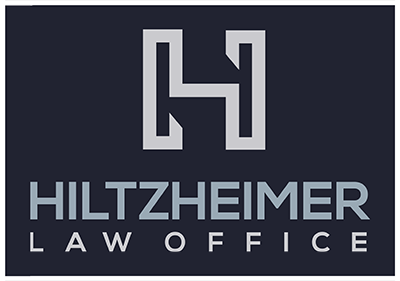Hiltzheimer Recognized as One of Three Best DWI Lawyers in Raleigh
Three Best Rated recently ranked attorney Benjamin Hiltzheimer as one of the three best DWI lawyers in Raleigh, North Carolina. Attorney Hiltzheimer has represented hundreds of individuals charged with DWIs in Raleigh, as well as Durham, Orange, Chatham, and Alamance Counties. Mr. Hiltzheimer brings a decade of litigation experience to bear on each case he takes on, and takes...
Continue Reading
 Reviews
Reviews